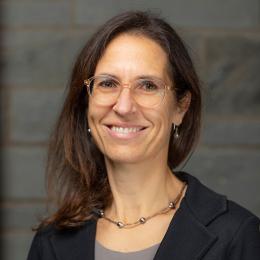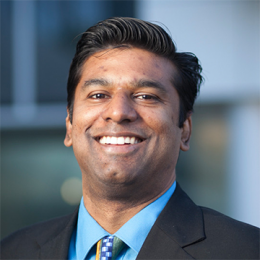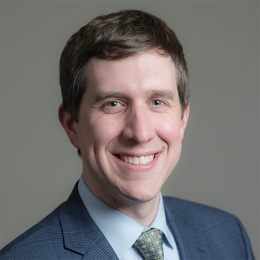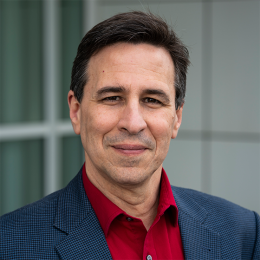
Leadership

Claudia Fischbach-Teschl
James M. & Marsha McCormick Director of Biomedical Engineering; Stanley Bryer 1946 Professor of Biomedical Engineering
Claudia Fischbach-Teschl is the Stanley Bryer 1946 Professor of Biomedical Engineering and James M. & Marsha McCormick Director of Biomedical Engineering. Professor Fischbach-Teschl received her Ph.D. in pharmaceutical technology from the University of Regensburg, Germany, and conducted her postdoctoral work at Harvard University in the Division of Engineering and Applied Sciences. Throughout her career, she has received numerous honors. She is a fellow of the American Institute for Medical and Biological Engineering, the Biomedical Engineering Society, and the Alexander von Humboldt Foundation in Germany.

Steven Adie
Associate Professor, Associate Director, Director of Undergraduate Studies
Steven Adie completed a BSc with First Class Honours in Chemical Physics in 1997 and earned a Ph.D. in Electrical and Electronic Engineering (specializing in Biomedical Optics) in 2007, both from The University of Western Australia. Between his undergraduate and graduate studies he worked as a Research Engineer at Q-Vis Limited – a startup company to commercialize solid-state laser technology for LASIK eye surgery. After completing his Ph.D., he did a postdoc in the Biophotonics Imaging Laboratory at the Beckman Institute for Advanced Science and Technology, University of Illinois at Urbana-Champaign. In 2013 he started as an Assistant Professor in the Meinig School of Biomedical Engineering, where his group develops novel optical coherence elastography and computational optical coherence microscopy approaches for mechanobiology and neuroscience research. Dr. Adie is the recipient of the NSF CAREER Award, NIBIB Trailblazer Award, and the Cornell Discovery and Innovation Research Seed Award.

Ben Cosgrove
Associate Professor, Director of Graduate Studies
Ben Cosgrove directs the Laboratory of Regenerative Systems Biology at the Meinig School. His research group develops and implements systems bioengineering approaches to study the transcriptional and signaling network dysregulations underlying the decline of muscle stem cell function and tissue regeneration in aging and disease.
Dr. Cosgrove earned a bachelor’s in biomedical engineering at the University of Minnesota, a Ph.D. in bioengineering at the Massachusetts Institute of Technology under the supervision of Dr. Douglas Lauffenburger and Dr. Linda Griffith, and completed a postdoctoral fellowship at the Stanford University School of Medicine with Dr. Helen Blau. His research has been supported by a Whitaker Foundation Graduate Research Fellowship, a Stanford Molecular Imaging Scholars Fellowship, multiple NIH Awards (K99/R00, R01, and two R21 Grants), and a Glenn Medical Research Foundation/American Federation for Aging Research Grant for Junior Faculty. His research has been recognized by a Biomedical Engineering Society (BMES) Graduate Research Award (2008), a Rising Star Award from the Cellular and Molecular Bioengineering Special Interest Group of BMES (2015), and a Young Innovator of Cellular and Molecular Bioengineering Award (2017). His instruction has received a Swanson Teaching Excellence Award (2019) from the Cornell University College of Engineering.

Newton de Faria
Professor of Practice, Director of Master's of Engineering Program
Newton de Faria earned his Ph.D. in Biomedical Engineering from the University of Texas at Austin in 1998. He brings nearly two decades of experience working in industry and has held numerous teaching appointments. For the last decade, he has focused on medical devices, analytical devices and pharmaceutical application markets in the biomedical and health industries. He has worked as the Senior District Sales Manager and Strategic Accounts Manager for National Instruments Corporation. He has taught BME 6500, Biomedical Instrumentation, at the University of Connecticut. Dr. de Faria brings a passion for accelerating productivity, innovation, and discovery in the biomedical industry. He will prepare Master of Engineering students for a wide range of careers by incorporating BME industry-oriented training using a design-centric approach. Our graduates will be prepared to address engineering challenges in the regulatory environment associated with modern healthcare. We will benefit greatly from his breadth of experience and commitment to education. We are delighted to have Dr. de Faria serve in this vitally important role and anticipate great success under his leadership.

